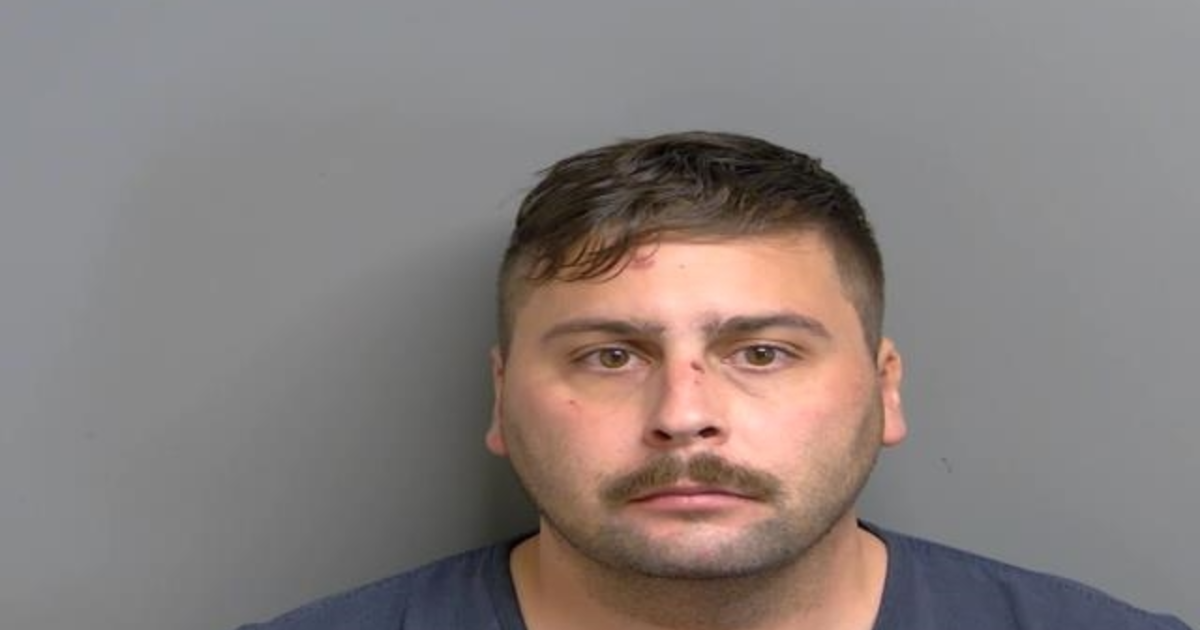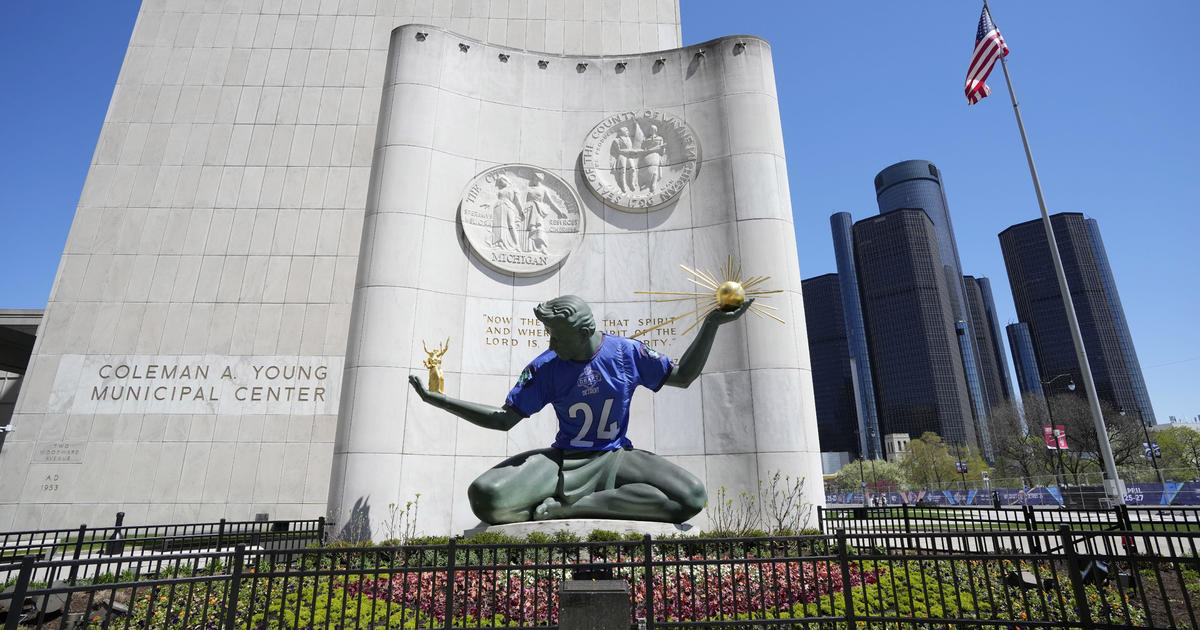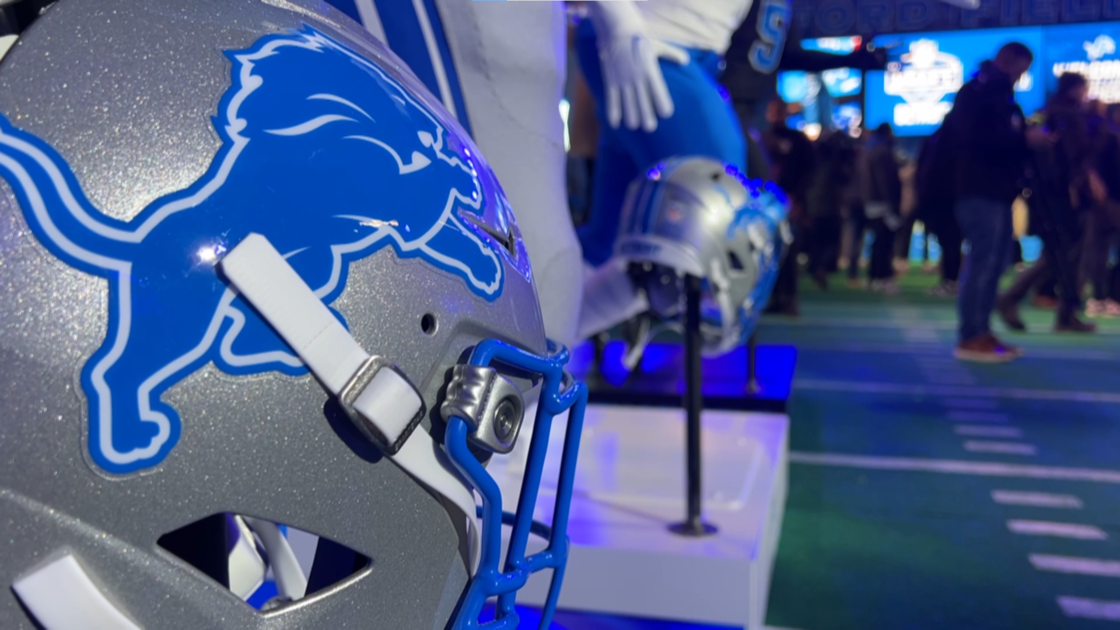Witness to Change
Sunday, 9/11/11 at 11am on "Street Beat" you will hear about a very special program called "Bringing the Lessons Home." It's held each summer at the United States Holocaust Memorial Museum and is designed to teach teens about the importance of speaking out against violence and injustice. Here is another account of the experience, written by an adult who attended the event in 2010.
WITNESS TO CHANGE
by Kristine Hoover
August, 2010
If we pay careful attention, we may be able to pinpoint the very moment when life perspective, changes.
In front of a crowd of 160 youth and community leaders, with unyielding conviction, Marium McGee, a sixteen year old girl from Detroit, made a pledge to educate her peers on the issues of genocide and violence during the final day of the United Sates Holocaust Memorial Museum's 'Bringing the Lesson's Home' Summer Youth Leadership Seminar, a program held in Washington, D.C every summer.
I realized at that moment, I was a witness to change. I had just witnessed a perspective broaden. One young man even declared that since participating in this experience, "I have officially quit smoking."
What makes our youth want to make a difference in their lives and the lives of others? What influences young people to rise up and not sit idly by while violence and injustice persists? How can we teach them and others to not only react and respond to violence in a positive way but more importantly, prevent it?
The most common thread for the impetus of change is the impact of a significant emotional experience. It's clear that this program not only provided an opportunity for young people to learn about national and international violence, but also the content to make the experience, life changing.
Sadly, one does not have to look very far to see the great urgency to inspire young adults to become agents of change. Directly emphasizing the mission of the museum to end violence and inspire leadership, this year's seminar was duly named in honor of Stephen Tyrone Johns, the museum's on duty security officer gunned down on June 10, 2009.
During this week long program, students gain a historical perspective of the Holocaust and learn about the evils of violence and genocide, the systematic oppression and the egregious mass atrocities that are forced upon individuals and groups of people around the world in places like Darfur, Rwanda, Somalia, Ethiopia and Kosovo. As part of the program, first hand accounts illustrate the violence victims were forced to endure.
Spellbound students listen intently as Henry Greenbaum, a holocaust survivor recalls the five long years from 1940-1945 he spent first in a ghetto neighborhood, then in the 'killing factory' of Treblinka, in Auschwitz and finally in Berkineau, the center and largest of the all the Nazi death camps.
A tall and very slender man, it is easy to visualize his depiction of tremendous hunger and skeletal frame of 75 pounds clinging to life. He reflected back to that day his family was split into groups, chased by dogs and the crack of a whip, as he listened to their screams and was forced to dig what he was sure to be his friends, family and even his own graves. Genocide, the deprivation of basic needs such as food, shelter and unimaginable violence driven by extreme hatred stripped him of his clothing and identity but not his faith in humanity.
According to Mr. Greenbaum, he is proud to stand as a voice against bigotry and hatred. His life, his narrative, provides hope and inspiration uniting experiences, generations and ethnicities.
Many of the students met with him after his presentation shared stories on how they see hunger, hatred and violence in their own communities on a daily basis and the impact it has on their lives.
With excursions to the FBI Academy at Quantico to discuss the 9/11 terrorist attacks and civic responsibility, to national museums and monuments as well as team building activities, youth learn how to recognize violence and their responsibility in preventing it. Special agent Jack Green cautiously warned them, "Everything you do affects the rest of your life."
This summer seminar teaches youth why they need to be advocates of non-violence and change. The motto emphasized throughout the week is pause and reflect; 'Think About What You Saw'. Students are not only encouraged, but charged with the responsibility to communicate what they saw with their communities back home.
"This experience has exceeded my expectations. I can't wait to get back home to share this experience with others", students proclaim.
As policies and humanitarian issues are brought to the forefront of our discussions by the media, politicians and educators as a means to understand and promote peace, youth of all ages are becoming aware that they are an integral part of the solution to end violence.
This program no doubt inspires and helps students to develop the self confidence necessary to grow into leaders that possess the vision required to generate and implement sustainable plans that will create the platform for peace among individuals, groups and humanity. They learn the common suffering of violence. They learn to invest in themselves and in service to others.
Participants are moved from becoming mere witnesses, to active advocates for change.
For more information on this program, visit the United States Holocaust Memorial Museum website at Bringing the Lessons Home



